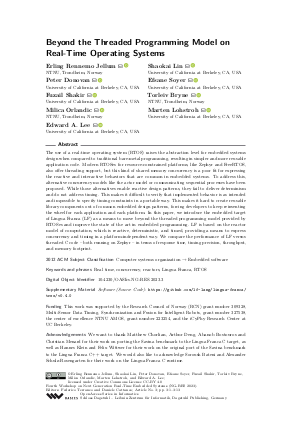OASIcs.NG-RES.2023.3.pdf
- Filesize: 0.67 MB
- 13 pages

 Creative Commons Attribution 4.0 International license
Creative Commons Attribution 4.0 International license














Feedback for Dagstuhl Publishing